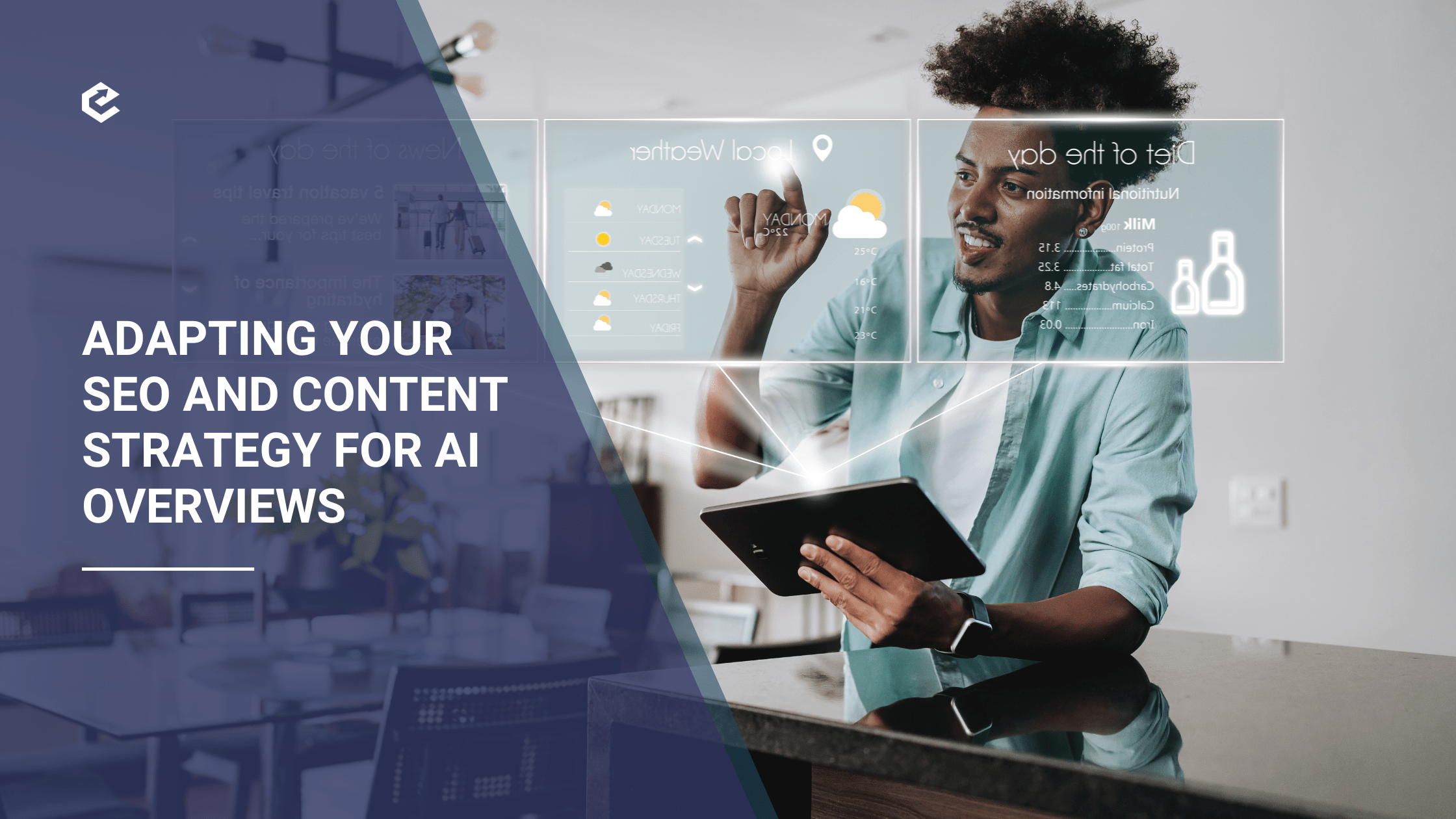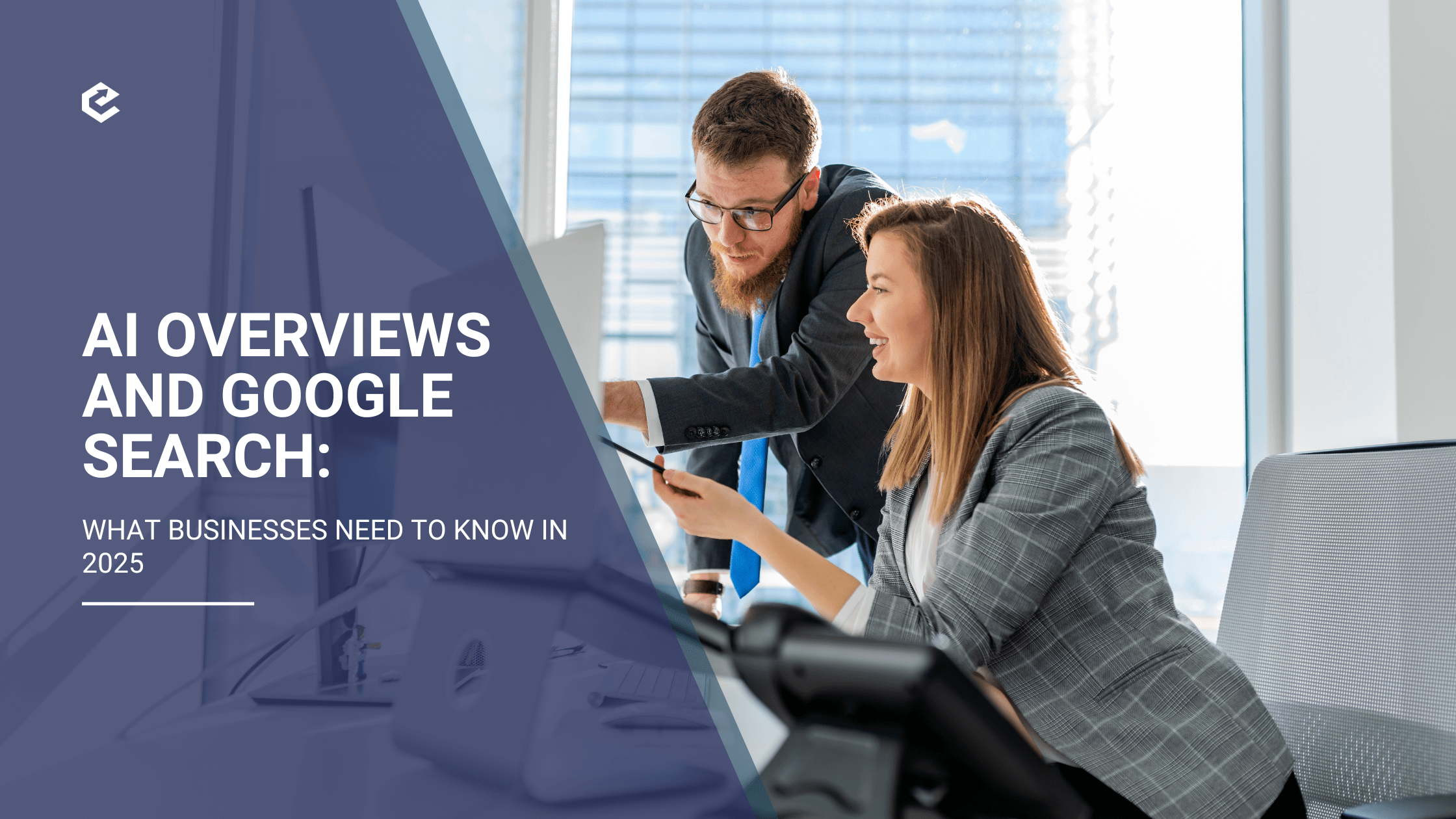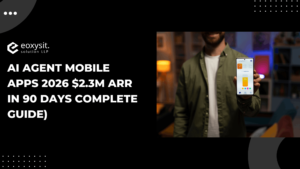AI Overviews and Google Search: What Businesses Need to Know in 2025
Entering the Age of AI Overviews
The year 2025 marks a turning point for businesses seeking visibility online. Googleʼs rollout of AI Overviews—intelligent summaries powered by the Gemini model—fundamentally transforms how users process information, make decisions, and discover brands on search. Instead of a traditional list of “blue links,” users encounter conversational answer modules that distill, reference, and paraphrase from multiple authoritative sources—often leaving fewer organic clicks for businesses and more competition to be selected as a cited resource.
With 13% of all US desktop searches and over 10% of global queries now triggering AI Overviews, business leaders, marketers, and content creators must rethink nearly every aspect of SEO and digital strategy. For companies like Eoxys IT Solution, staying ahead means more than chasing rankings—itʼs about becoming an indispensable answer in the age of intelligent search.
Understanding AI Overviews: Technology and Trends
AI Overviews, introduced in early 2025 as the successor to Search Generative Experience, display an aggregated summary at the very top of Googleʼs Search Engine Results Page SERP. Powered by large-language models LLMs, Google Gemini analyzes semantic intent, context, and credibility before delivering its instant response. This new feature pulls in paragraph summaries, bullet lists, clickable reference links, and even indicators confirming content is AI generated.
Key industry sectors have been transformed:
- Health, Science, and Society categories now see rapid AI Overview adoption 20% share growth).
- Navigational queries and high-trust keywords—where users seek best practices, complex answers, or local expertise—are increasingly subject to AI summarization.
- Nearly 88% of queries triggering AI Overviews are informational—although transactional and navigational queries are rising.
How AI Overviews Affect Business Visibility and SEO
The “Zero-Click” Phenomenon
AI Overviews foster “zero-click” behavior—where users get satisfactory responses without engaging with any external website. Industry studies report a 3055% drop in organic clicks for affected queries. Small businesses and niche service providers feel this most sharply; without adaptation, a decline in visibility means weaker sales funnels, less brand recognition, and fewer qualified leads.
Yet, brands referenced in Overviews gain a new type of authority—a direct “endorsement” from Google AI. They see stronger brand queries, higher engagement from info-seeking users, and enhanced trust.
Brand Authority: Quality Over Quantity
Merely ranking highly in Googleʼs traditional index no longer guarantees exposure. AI Overviews preferentially cite content that is:
- Original and data-driven
- Expert-backed, well-researched, and regularly refreshed
- Clearly structured, scannable, and semantically rich (think schema, FAQ markup, and pillar pages)
New Analytics and Metrics
Googleʼs Search Console now tracks impressions, clicks, and positions generated via AI Mode, but these data are integrated with overall metrics—not isolated. Smart SEO monitoring tools (like Semrush and AHREFS) can help detect which queries trigger Overviews and when your brand is cited, providing actionable insights for content strategy.
Trust, Accuracy, and Risk Management
A critical consequence: AI sometimes “hallucinates,” producing plausible answers that may be inaccurate, misleading, or even harmful—especially in healthcare and finance. Proactive brands must not only optimize for inclusion but also monitor for errors and respond quickly to protect reputation.

Adapting Your SEO and Content Strategy for AI Overviews
Optimize for Semantic Intent and Clarity
Google Gemini scans content for meaning, context, and direct answers to multi-part questions. Strategies include:
- Creating comprehensive, answer-focused articles 2,000+ words) with rich internal linking.
- Formatting content with bullet points, lists, clear headings, and dedicated FAQ or How-to sections.
- Including expert opinions, original research, and up-to-date statistics to increase citation chances.
Strengthen Topic Authority and Unique Value
AI favors websites with topical depth and authority. Build:
- Pillar pages and topic clusters covering all facets of your niche.
- Well-researched, user-focused guides and case studies (for example, an industry analysis or client results from Eoxys IT Solution).
- Updated content—stale pages are omitted or cited less often.
Use Structured Data and Rich Snippets
Schema markup FAQ, Product, Article, How-to) and visual enhancements (tables, images with alt text) make content easier for AI models to digest and summarize.
- Add voice-friendly and long-tail keyword sections, anticipating natural language and voice search behaviors.
Diversify Channel and Brand Presence
- Optimize for answer engines Perplexity, ChatGPT) and conversational platforms—users increasingly discover brands outside classic Google Search
- Invest in local SEO and Google Business Profile citations—especially critical for Service, Restaurant, and Retail sectors highly impacted by March 2025’s AI Overview expansion.
Monitor and Respond to Errors
- Use tools to track when AI Overviews cite your website, check for accuracy, and report any harmful hallucinations or misleading content.
- Maintain crisis response plans in case of negative AI-generated summaries.

Case Study: Real-World Impact of AI Overviews on Business Growth
A recent agency study showed a 2,300% increase in monthly AI traffic for a client who optimized content for Gemini-powered Overviews and conversational engines. By identifying high-volume queries with Overview triggers, restructuring pages, and focusing on answers instead of solely ranking keywords, their brand appeared for over 90 AI Overview queries— compared to zero just months before.
Key tactics included:
- Deep topic analysis using SERP feature tracking tools.
- Rewriting cornerstone articles for structured, multi-dimensional coverage.
- Including real-world examples, tables, and data visualizations.
Result:
Higher brand mentions, referral traffic, and inbound leads—even as traditional clicks fell.
Common Pitfalls and How to Avoid Them
Ignoring AI triggers: Focusing only on organic ranking risks missing prime Overview citations.
Thin or transactional content: AI Overviews prioritize context-rich, in-depth writing.
Neglecting visual formatting: Lack of tables, infographics, or rich schema markup reduces inclusion odds.
Failing to monitor reputation: Unchecked AI hallucinations or errors can damage brand trust and conversion rates.
Forward-Looking Strategies for Business Success
The next evolution of Google Search will be shaped by Gemini upgrades, cross-platform AI features Android, Chrome integrations), and expanding visual/voice search. Anticipate:
- More multipart question support (users can “go deep,” ask follow-ups, and get answers spanning multiple angles).
- Wider adoption in commerce, travel, and entertainment sectors post-March 2025 updates.
- Preference for businesses with omnichannel, user-centric digital footprints—not just high ranking websites.
The Eoxys IT Solution Advantage
Eoxys empowers businesses to navigate the AI Overview era—with services spanning audit, content architecture, real-time monitoring, and advanced optimization:
- Custom content playbooks for Gemini, Bing Copilot, and answer engines.
- Analytics and citation tracking, so clients see how and when their brand appears in AI summaries.
- Education and training for marketing teams to sustain a competitive edge in fast-moving search environments.
Conclusion: Embracing Opportunity in the Age of AI Search
AI Overviews challenge businesses to move beyond first-page clicks—to inspire trust, deliver expertise, and become the source Googleʼs AI community and billions of users rely on. Strategies that fuse classic SEO with semantic depth, structure, and proactive reputation management will win the new race.
Partner with Eoxys IT Solution to unlock next-generation search visibility, transform customer journeys, and thrive in the intelligent search revolution.





